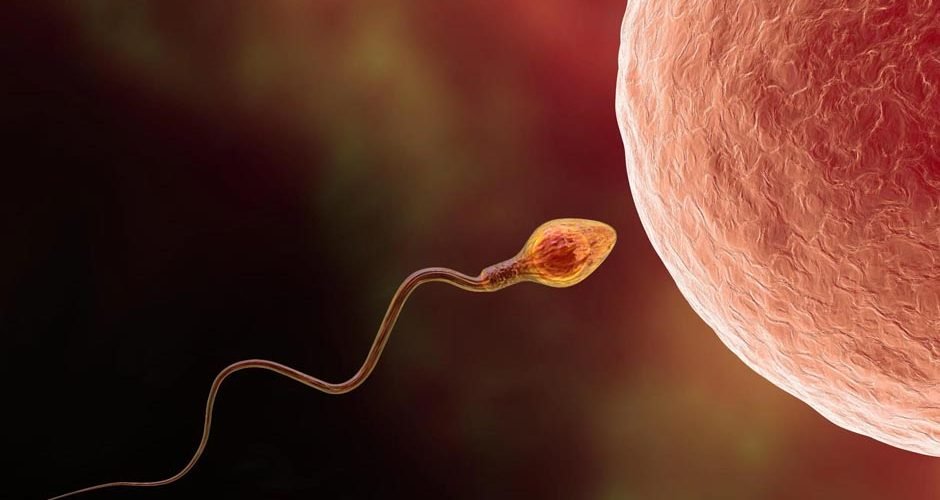In the realm of assisted reproductive technologies, sperm donation plays a crucial role. It’s a viable option for various individuals and couples, including heterosexual couples facing male infertility, single women, and lesbian couples. Understanding the process, the legal implications, and the emotional aspects of using a sperm donor is key for those considering this path. Marin Fertility Center in Greenbrae, California, is among many fertility clinics that guide patients through the complexities of sperm donation in conjunction with in vitro fertilization (IVF).
Table of Contents
The Process of Sperm Donation and IVF
Sperm donation, when combined with IVF, can offer a pathway to parenthood for those who might otherwise face significant fertility obstacles. The process, while straightforward, involves several critical steps.
Choosing a Sperm Donor
The first step in the process is choosing a donor. Sperm donors can be known to the recipient (such as a friend or family member) or anonymous, selected through a sperm bank. Factors like physical characteristics, ethnicity, educational background, and even personality traits can be considered. Many also undergo genetic screening to identify potential hereditary conditions.
The IVF Procedure
Once a donor is selected, the IVF process begins. For the recipient, this involves ovarian stimulation to produce multiple eggs, followed by egg retrieval. The donor sperm is then used to fertilize these eggs in a laboratory setting. If successful, the fertilized eggs develop into embryos, one of which is then implanted into the uterus of the female recipient.
Legal Considerations with Known Donors
When using a known sperm donor, legal agreements are crucial. These agreements delineate parental rights and responsibilities. It’s essential to have clear contracts, ideally drafted with the help of legal professionals specializing in reproductive law, to avoid any future disputes or misunderstandings.
Legal Aspects and Regulations
Navigating the legal landscape of sperm donation is a vital part of the process, especially when it comes to parental rights and the protection of all parties involved.
Understanding the Law
Laws regarding sperm donation vary by region and country. They govern aspects like the anonymity of donors, the number of donations one individual can make, and the legal rights of the donor, recipient, and resulting child. It’s important for recipients to familiarize themselves with these laws to ensure a smooth process.
Anonymity and Disclosure
In some regions, laws mandate that children conceived via sperm donation have the right to know the identity of their donor once they reach a certain age. This aspect can influence the decision-making process for some individuals and couples considering sperm donation.
Parental Rights
For recipients using a known donor, the delineation of parental rights and responsibilities is a critical legal matter. This ensures that the donor’s role is clearly defined and understood by all parties, particularly in terms of any future involvement with the child.
Making the Decision
Deciding to use a sperm donor is a significant and often emotional choice. It involves various considerations, both practical and emotional.
Emotional Considerations
The decision to use donor sperm can come with complex emotions. Feelings of loss, grief, or relief are common. It’s important for individuals and couples to process these emotions, sometimes with the help of a counselor or therapist.
Discussing with Your Partner
For couples, open and honest communication is essential. Discussing expectations, concerns, and hopes can help ensure that both partners are aligned in their decision to use a sperm donor.
Considering the Child’s Perspective
Thinking about how to discuss their origins with the child is an important consideration for many parents. Being prepared to have open and honest conversations about the use of a sperm donor is crucial.
Conclusion
Sperm donation, combined with IVF, offers a powerful solution for those facing certain infertility challenges. It’s a process that involves not just medical and legal considerations, but also deep personal and ethical reflections. Clinics like Marin Fertility Center provide valuable guidance and support throughout this journey, helping patients navigate the complex process of using donor sperm. By thoroughly understanding the steps involved, the legal implications, and the emotional aspects, individuals and couples can make informed decisions that best suit their paths to parenthood.





